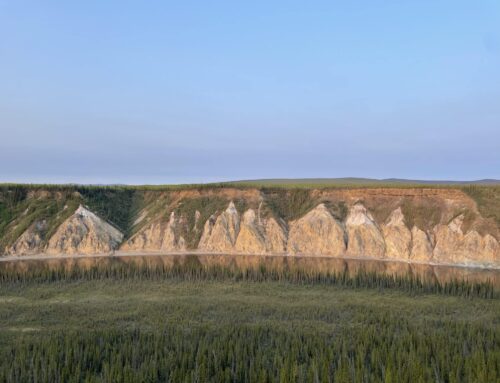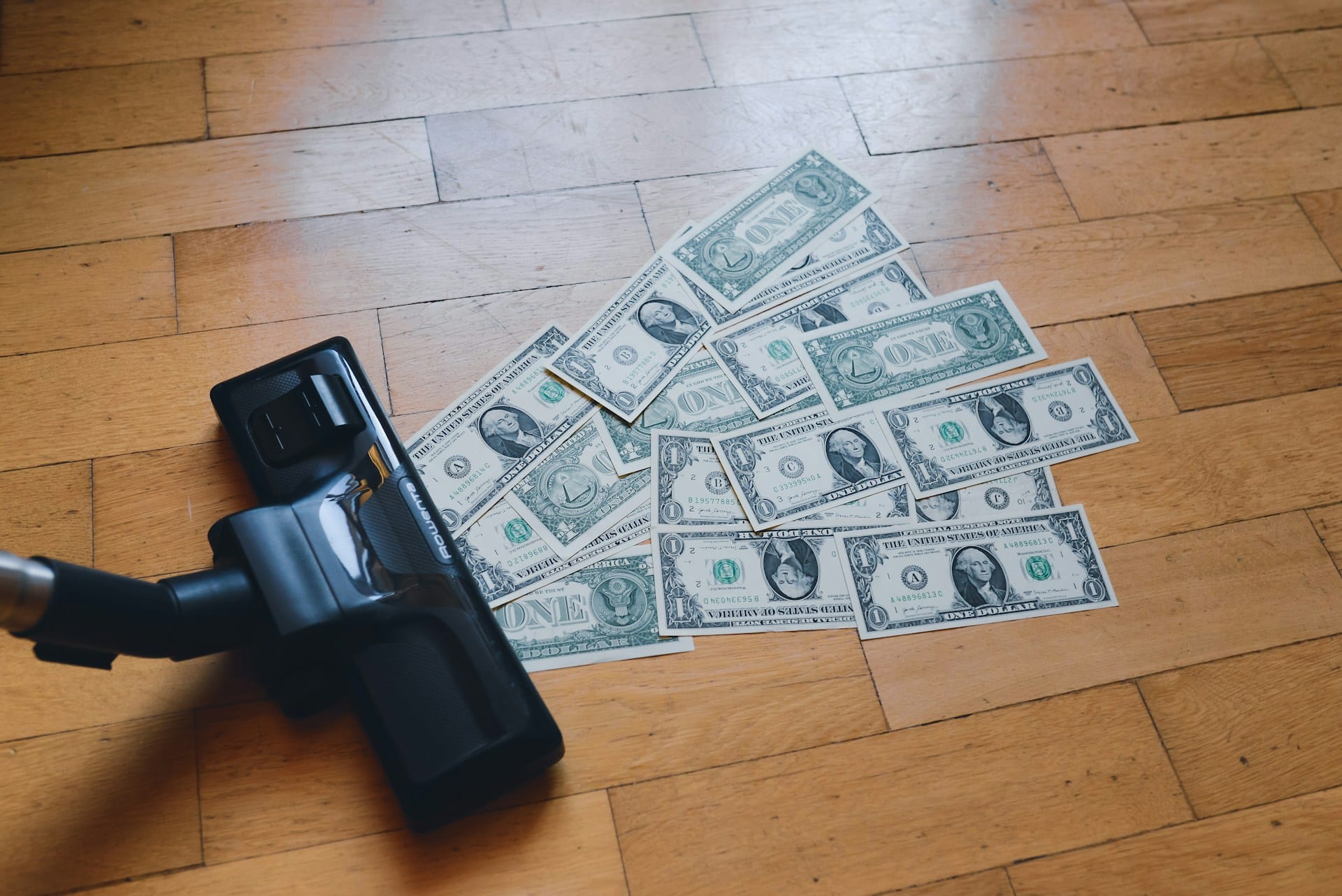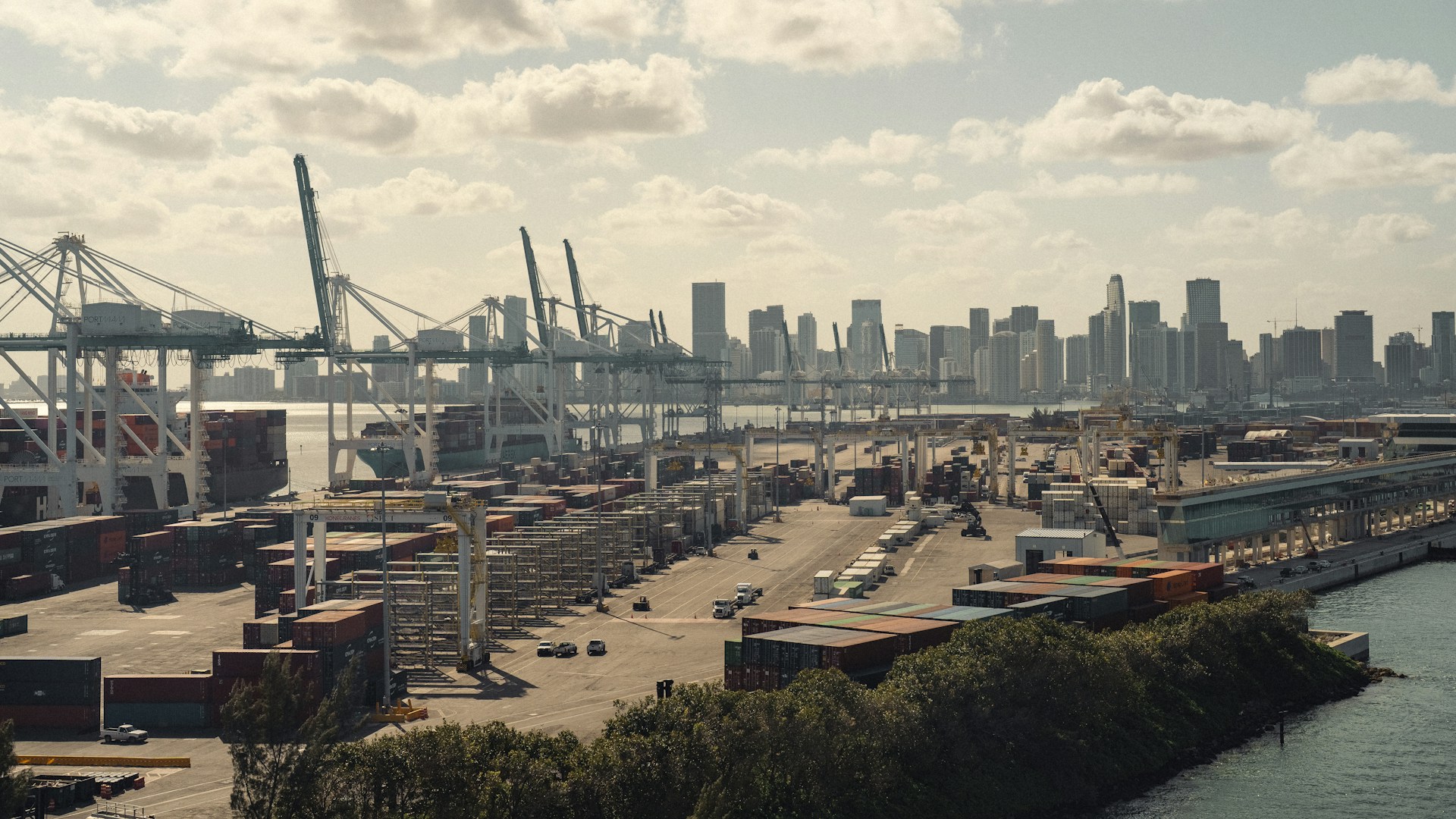Wyoming taxpayers lost billions of dollars in potential revenue from oil and gas lease sales over the past decade due to outdated royalty and lease terms, according to a new report published Thursday by Taxpayers for Common Sense, a nonpartisan organization dedicated to protecting American taxpayers.
Each year, the Bureau of Land Management typically oversees four lease sales, auctioning nominated parcels of public land to oil and gas companies for drilling. In turn, operators must pay royalties, rent and other fees for using the land.
But Congress has not changed the minimum royalty rate for onshore mineral development in nearly a century. Taxpayers for Common Sense contends the 12.5% royalty rate applied to the sales value of oil or gas extracted from federal lands is too low.
If the federal government had charged onshore drillers the 18.75% rate it levies on energy operators developing in federal water, the government would have reaped $4 billion more in revenue between fiscal year 2010 and 2019, according to the report.
Of that $4 billion, nearly half would have flowed back to Wyoming’s coffers.
“Over the last decade, $4 billion has been basically left on the table because of really favorable royalty rates,” said Steve Ellis, president of Taxpayers for Common Sense. “Roughly half would go to the American taxpayer and half would go to Wyoming’s Treasury. To the federal government, $2 billion may not be a huge amount, but for states and localities, that is real money that translates into real projects and real uses on the ground.”
When it comes to Wyoming’s oil and gas lease sales, the group’s analysis also revealed operators often snag acres of land for as low as a few bucks.
Since 2010, the federal government has granted operators in Wyoming leases to some 1.4 million acres of land for less than $10 an acre. About 40% of leases sold during the 2019 fiscal year alone had bids of less than $10 an acre.
What’s more, since 2010, the average bid made on an acre of land in Wyoming was $160, compared to $3,970 in New Mexico and $1,570 in North Dakota.
The minimum bid price of $2 an acre has not been adjusted in over three decades. In certain cases, the BLM can drop the minimum bid to as low as $1.50 an acre.
“Oil and gas on public land are federal resources; they are owned by the taxpayer,” John Rader, a conservation advocate for the Wyoming Outdoor Council, said in response the new report. “Because of these federal policies, Wyoming is losing out on revenue during a budget crisis. We lease more public land in Wyoming than any other state but the companies are paying royalty rates on those leases that haven’t been updated in a century.”
The Petroleum Association of Wyoming did not immediately respond to a request for comment Thursday morning.
Wyoming ranks No. 1 in the nation in terms of the volume of natural gas it produces on public land. Wyoming pumps out more barrels of oil from federal minerals than any other state except New Mexico.
That development has translated into $730 million in royalty revenue last year from Wyoming alone. The U.S. Office of Natural Resources Revenue has earned $7.9 billion in royalty payments from Wyoming developers since 2010. About 48% has been given back to Wyoming.
But Taxpayers for Common Sense maintain, this return to the public remains significantly below fair market value.
Furthermore, authors of the report contend the annual rent the federal government charges operators for holding leased land has not kept pace with inflation. As a result, the report concludes the government has lost out on over $120 million in rent revenue between fiscal years 2010 and 2019 from outdated rates set back in 1987.
Under the Reagan administration, Congress set annual rental rates for the leases at “not less than $1.50 per acre per year for the first through fifth years of the lease and not less than $2 per acre per year for each year thereafter.” The rates have not been adjusted since.
“We want to see that taxpayers get a fair return,” said Ellis, of Taxpayers for Common Sense. “These are taxpayer-owned assets, and assets owned by the entire country. We all deserve a fair return, and with our debt deficit situation every penny counts.”
Recent breaks
This report comes as operators in Wyoming reaped the vast majority of royalty and lease relief from the federal government during an aid program spurred by the COVID-19 pandemic.
As of the end of July, the BLM had approved 324 royalty reduction requests on 261,000 acres of public land from operators in Wyoming, by far the most of any Western state. The BLM temporarily slashed the rate from 12.5% to 0.5% for these cases, a 96% decrease from the statutory minimum.
Companies in Wyoming also had 401 lease suspensions covering 398,225 acres approved by the BLM, again the highest of any state in the West. The state with the next highest number of lease suspensions was Colorado; it had just eight leases approved for suspension. Lease suspensions allow firms to halt the clock on their 10-year leases while production slows or stops.
The Petroleum Association of Wyoming, a group representing many oil and gas operators in the state, welcomed the interim relief back in May, pointing to the benefits the temporary aid could have for the state as energy businesses attempt to recover from the pandemic. The association rejected the characterization of the relief by opponents as “unfair handouts.”
“The federal government utilized longstanding regulations designed to provide flexibility in the industry to keep Americans working and position the economy for a quick recovery from COVID-19,” Ryan McConnaughey, the communications director for the association, told the Star-Tribune earlier this month.
“While some sectors of the economy received tens of billions in direct payments from the emergency PPP program, oil and natural gas companies adhered to existing law to suspend drilling operations and temporarily reduce royalty payments to preserve the capital needed to jump-start production in the future,” McConnaughey added.
Lawmakers in both the U.S. House and Senate have proposed bipartisan legislation to hike up the royalty rates, rental rates and minimum bids that oil and gas companies are charged when operating on public land.
But in the meantime, oil and gas lease sales throughout the West continue.
September sale forges ahead
The next quarterly oil and gas lease sale takes place online on Thursday, albeit at a significantly smaller scale than initially announced. The BLM confirmed it will defer the vast majority of parcels from the Thursday sale in response to a federal court decision to vacate leases located on sage grouse habitat.
Of the 290 parcels the agency originally intended to lease during two sales this month, only eight parcels covering about 4,000 acres will be available to oil and gas developers in Wyoming.











Get Social